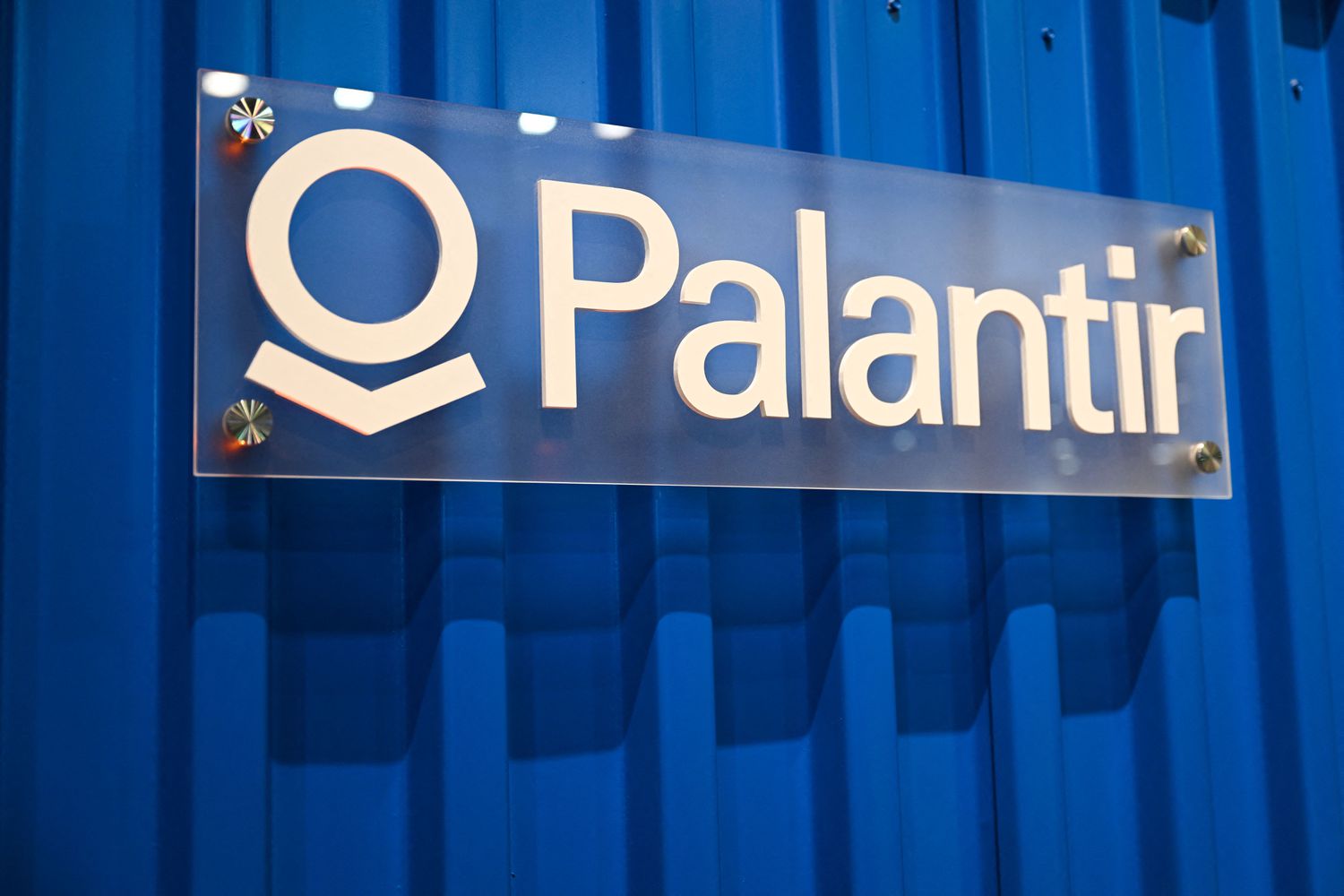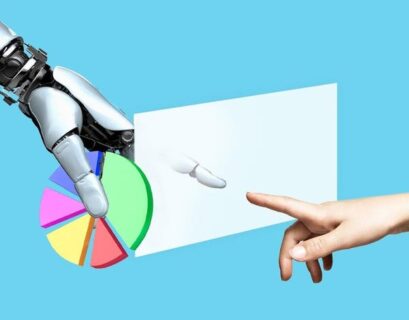AI Impacting Higher Education Job Landscape, Educause Study Reveals
A recent analysis by the nonprofit organization Educause has unveiled a notable trend in the realm of higher education: the burgeoning demand for AI expertise is outstripping the creation of new job opportunities, potentially leading to a talent gap in the sector.
Released on Monday, the Educause report highlights the escalating time commitments associated with AI-related roles in academia following the onset of the COVID-19 crisis. It underscores the growing significance of digital literacy skills for individuals eyeing future careers in educational settings.
Surveying over 1,000 professionals engaged in teaching and learning roles, ranging from senior administrators to faculty members with substantial tenure, the findings shed light on a concerning prospect. A considerable portion of respondents expressed contemplation about departing from the higher education landscape due to overwhelming workloads and burnout.
As the report articulates, the educational landscape is rapidly evolving, necessitating educators to adapt to changing paradigms. Nevertheless, many professionals find themselves grappling with constrained environments, compelled to achieve more with limited resources and time, thereby impeding their ability to address pressing needs adequately.
The study reveals a universal surge in work demands across various teaching and learning positions within higher education, with 65% of participants acknowledging excessive workloads. Notably, roles linked to AI exhibit the most pronounced escalation in time requirements, despite a relatively modest uptick in budget allocations for bolstering such positions. This disjunction underscores a crucial imbalance where the demand for AI competencies eclipses the rate of growth in AI personnel.
The majority of respondents juggle multiple responsibilities, encompassing tasks like faculty training, distance learning facilitation, and technology assessment. Proficiencies in adaptability, agility, and change management emerge as pivotal attributes for navigating the evolving landscape, particularly as AI continues to reshape educational paradigms.
Educause advocates for a strategic focus on enhancing employee well-being, fostering morale, promoting professional development initiatives, and fostering collaborative endeavors across campus settings. Offering flexible work arrangements emerges as a key strategy to alleviate concerns, with 61% of participants emphasizing the significance of job flexibility. While a growing number of universities are embracing remote or hybrid work models, a substantial fraction of respondents still find themselves operating from suboptimal work environments.
Looking ahead, institutions are urged to prioritize continuous professional growth and training opportunities to empower teaching and learning professionals to not only adapt but thrive amidst evolving educational dynamics.

Authored by Skylar Rispens
Skylar Rispens, a seasoned journalist with a background in education reporting, contributes to StateScoop and EdScoop. Based in Montana, she brings a wealth of experience from her tenure covering educational developments for various publications in the state.










